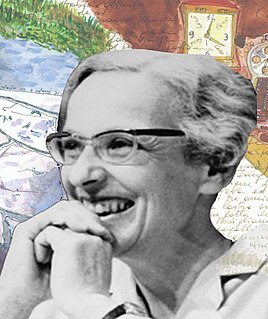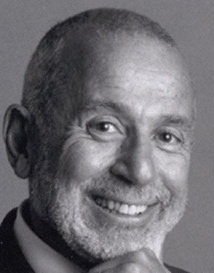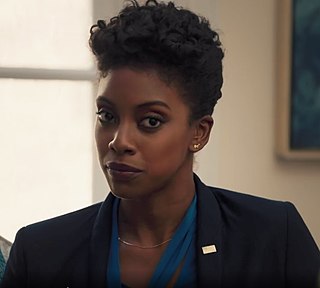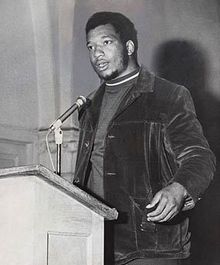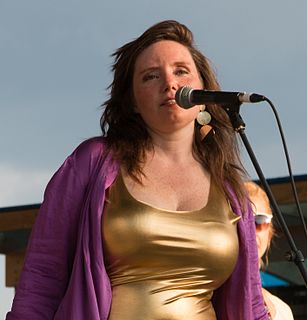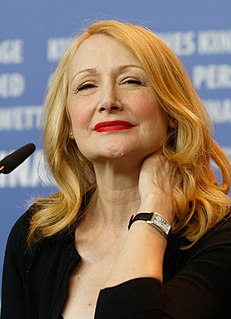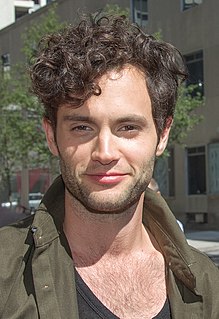A Quote by Laurie Foos
When a certain show or film or celebrity captures the imagination of the masses that has a good deal to say about us, I think, and what is happening in our collective psyche.
Related Quotes
We shall probably get nearest to the truth if we think of the conscious and personal psyche as resting upon the broad basis of an inherited and universal psychic disposition which is as such unconscious, and that our personal psyche bears the same relation to the collective psyche as the individual to society.
Now I realize that I have to let everyone take what they have to take from the film. No matter what I think about the film, it becomes a little irrelevant. I think I would say that the film is trying to show us that - and I spoke about that earlier - we have to let the teachers invest in their own classroom. There's no use in trying to control everything. Education is fundamental.
The deal was we had to have people accompanying us and they would ask us not to film something [in North Korea]. For example, we wanted to film at a certain place and there happened to be a building under construction and it didn't look as fancy as the other buildings, so they wanted us to shoot where everything looked finished and made a good impression of the cityscape.
We got to face some facts. That the masses are poor, that the masses belong to what you call the lower class, and when I talk about the masses, I'm talking about the white masses, I'm talking about the black masses, and the brown masses, and the yellow masses, too. We've got to face the fact that some people say you fight fire best with fire, but we say you put fire out best with water. We say you don't fight racism with racism. We're gonna fight racism with solidarity. We say you don't fight capitalism with no black capitalism; you fight capitalism with socialism.
At the core, I am an actress. And I think, in a way, that's a good thing in that I am, I think, empathetic and sympathetic to the film. I would never pretend to have the discerning and acute critical eye that a lot of the great critics in our business do have. I don't look at it as being a critic or placing a judgment on a film, and I do think, how do you decide which film is best anyway? It's always a little bit of a mixed bag. But, I think it is just a collective group of people coming together to honor the work of an artist - that's how I think of it.
I think you can blame certain police officers for certain behavior, you can blame certain departments for certain behavior, and power and so forth, but, ultimately, I'd say it's about us, and it's about society, and I say - even if its sounds a little controversial - put the police aside for a second. It's really not about them. It's about the game that's been created to keep the status quo going and to let the people who own it all gain from the game.




